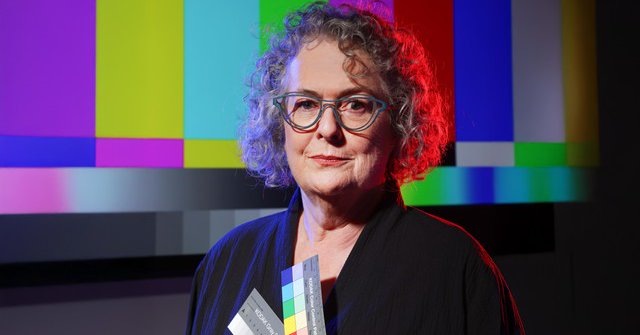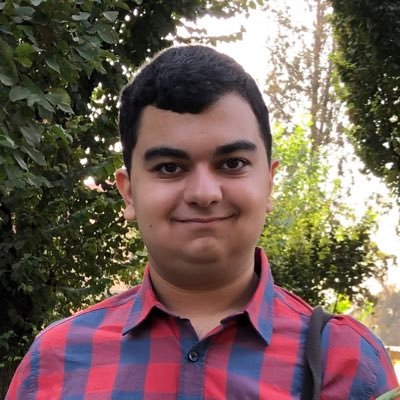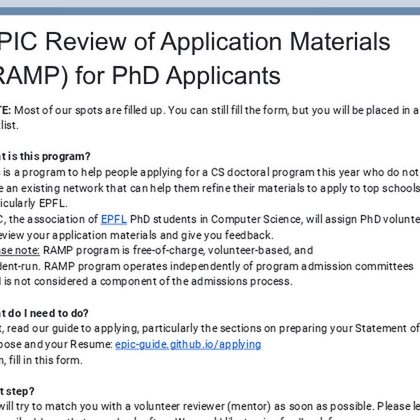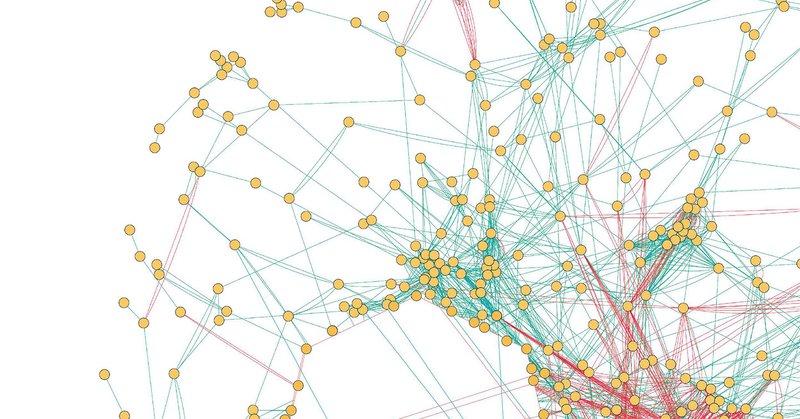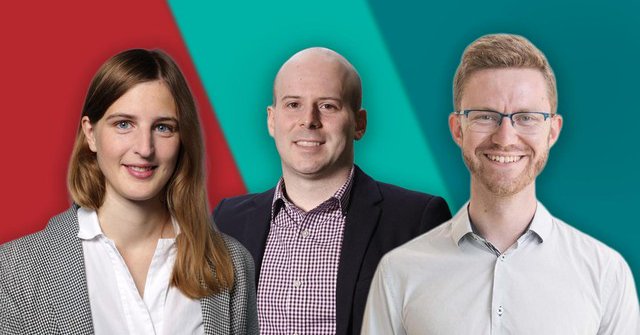
EPFL Computer and Communication Sciences
@ICepfl
Followers
5K
Following
3K
Media
1K
Statuses
4K
EPFL School of Computer and Communication Sciences (IC) - Swiss Federal Institute of Technology Lausanne / Ecole polytechnique fédérale de Lausanne
Lausanne, Suisse
Joined January 2018
📣💫 @EPFL researchers have developed new software, now spun-off into a start-up, that eliminates the need for #data to be sent to third-party cloud services when #AI is used to complete a task. This could challenge the business model of #BigTech 👉 More info:
actu.epfl.ch
EPFL researchers have developed new software – now spun-off into a start-up - that eliminates the need for data to be sent to third-party cloud services when AI is used to complete a task. This could...
1
1
3
🚨 Postdoc available in my lab @EPFL on safe AI, alignment, LLMs, NLP, mech interp 🎯 Safe AI that truly cares about humans! No “lipstick-on-a-pig alignment” 🐖💄 after pretraining—let’s “raise” models aligned from token 1 onward 🍼 👉 Info & app: https://t.co/qGFmZOAtHp
4
44
185
Last but not least, she’s showing how LLM use is changing scientific writing. ✍️ From 2010–2024, she looked at the frequency of certain words in abstracts, revealing a new writing style emerging. 🤖
0
0
1
Unfortunately, data shows women are still cited less, and the return on self-promotion is slightly lower for them. 🧪
1
0
1
She’s showing a clear positive link between online dissemination and citations. 👩💻When researchers share their work online, their papers tend to get cited more. 📈Digital visibility actually shapes academic impact.
1
0
1
Today on campus: we’re hosting Ágnes Horvát for a talk on how science spreads online 🎓📲
1
0
1
That's a wrap on our Summer @EPFL interview series! ☀️😎 Every summer, the School of Computer and Communication Sciences offers #internship opportunities through Summer@EPFL Spots are awarded based on merit to #students with exceptional academic performance. 👉 Meet Alosius
actu.epfl.ch
Every summer, the School of Computer and Communication Sciences provides internship opportunities as part of the Summer@EPFL program. Places are assigned on merit to students with outstanding...
0
0
7
📣🎉 We’re delighted to share that IC Dean and director of Imaging and Visual Representation Laboratory, @ssusstrunk, has received the 2025 @The_RPS award for #ImagingScience. 👏 Warmest congratulations to Professor Süsstrunk on this remarkable honor! https://t.co/vY9tyLFFwb
actu.epfl.ch
IC Dean and Director of the Imaging and Visual Representation Laboratory has been recognized with the 2025 Royal Photographic Society Award for Imaging Science.
0
0
8
Applying for a CS-related PhD soon, particularly at EPFL? The volunteers from EPFL's IC can provide feedback on the SoPs and CVs of those lacking mentorship. It's a great opportunity for applicants! Fill the form fast to have a higher chance :) Register at
docs.google.com
NOTE: Most of our spots are filled up. You can still fill the form, but you will be placed in a waitlist. What is this program? This is a program to help people applying for a CS doctoral program...
1
2
12
@sansib ➡️ Discover how the EDIC PhD Program inspires researchers to design technology for a safer, smarter world. https://t.co/SYLnRvwONS
#EDICPhD #CyberSecurity #Privacy #AI #WomenInSTEM #ResearchExcellence #FutureResearchers #EPFL
epfl.ch
The Doctoral Program in Computer and Communication Sciences (EDIC) covers all areas of computer science and of information and communication theory. It spans across theoretical approaches to interd...
0
0
0
@sansib She envisions a future where digital services are built with privacy and security at the core, empowering people to take control of their data and stay safe online. 🎓 The EDIC influence: "Thanks to EDIC’s first-year rotation, I found the SPRING lab - the perfect academic home
1
0
0
☀️📚 Every summer, the School of Computer and Communication Sciences provides #internship opportunities as part of the Summer@#EPFL program. One of these students, Sophie Sigfstead, shares her experience with us from the #summer2025 program. 🔗 Full interview:
actu.epfl.ch
Every summer, the School of Computer and Communication Sciences provides internship opportunities as part of the Summer@EPFL program. Places are assigned on merit to students with outstanding...
0
0
5
@GoogleDeepMind ➡️ Discover how the EDIC PhD Program empowers researchers to shape the future of AI. https://t.co/SYLnRvxmDq
#EDICPhD #AI #MachineLearning #DeepMind #LLMs #ArtificialIntelligence #FutureResearchers #EPFL
epfl.ch
The Doctoral Program in Computer and Communication Sciences (EDIC) covers all areas of computer science and of information and communication theory. It spans across theoretical approaches to interd...
0
0
0
@GoogleDeepMind Lessons from EDIC: "Meeting incredible people and having lively brainstorming sessions was unforgettable. I still remember the late nights - even sleeping at the office - waiting for the latest results before paper submissions. I also cherished quality time outside of work with
1
0
0
@krisgligoric ➡️ Learn how the EDIC PhD Program shapes researchers into pioneers of tomorrow’s breakthroughs. https://t.co/SYLnRvxmDq
#EDICPhD #AI #SocialComputing #MachineLearning #WomenInSTEM #FutureResearchers #EPFL
epfl.ch
The Doctoral Program in Computer and Communication Sciences (EDIC) covers all areas of computer science and of information and communication theory. It spans across theoretical approaches to interd...
0
0
0
@krisgligoric "Spending my springs and summers at EPFL doing research and then swimming in the lake or going for a hike was incredible! I’m also very grateful for how the EDIC program provided many opportunities for community building. I always felt valued and supported."
1
0
0
➡️ Discover how the EDIC PhD Program empowers researchers to shape global innovation. https://t.co/SYLnRvwONS
#EDICPhD #OIST #AcademicCareers #MachineLearning #EPFL #InformationTheory #ProbabilityTheory #Statistics
epfl.ch
The Doctoral Program in Computer and Communication Sciences (EDIC) covers all areas of computer science and of information and communication theory. It spans across theoretical approaches to interd...
0
0
0
💡 EDIC reflections: "I’ll never forget the amazing activities with the IPG group! They showed me that science thrives best in a fun, supportive environment - where colleagues lift each other up and learning never stops."
1
0
0
🎉 Congratulations to Assistant Professors @ABosselut (IC), @_bunnech (IC & @epflSV), and @martin_schrimpf (IC & @epflSV) for being selected as #AI2050 Early Career Fellows by @schmidtsciences! 🤩 Each receive $500K in funding to support a 3-year project that advances their
actu.epfl.ch
Antoine Bosselut, Charlotte Bunne and Martin Schrimpf have been awarded prestigious 2025 Schmidt Sciences AI2050 fellowships to focus on how to fulfill AI’s potential to dramatically benefit humank...
1
3
28



